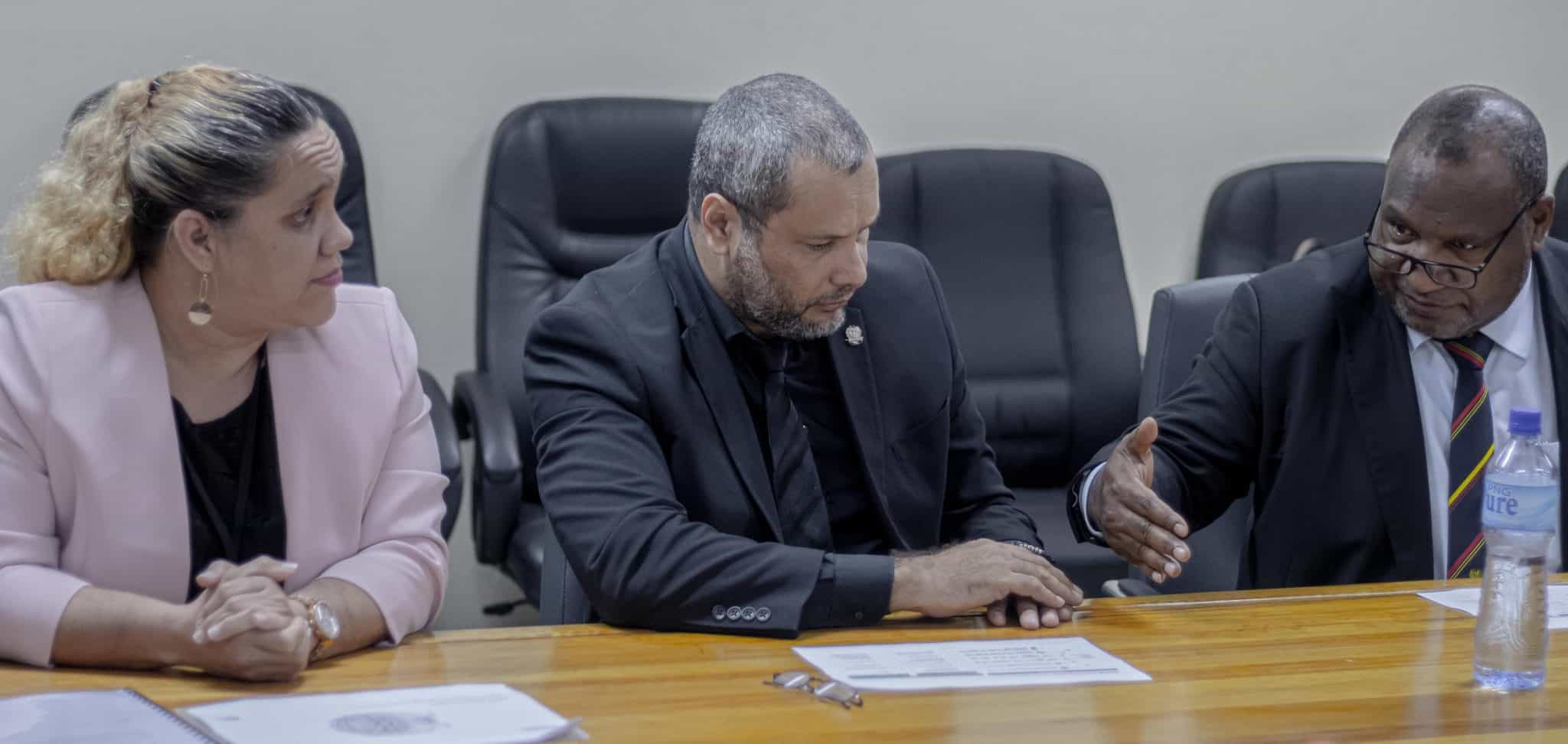The Papua New Guinea Special Parliamentary Committee on Public Sector Reform and Service Delivery is concerned about what the country gets in return for employing 132,898 public servants.
Committee chairman Gary Juffa said public servants were employed to deliver services to the people, but it appears much of the public sector is irreparably broken and many agencies have gone past life support.
He said it cost the State K5.7 billion (US$1.4 billion), which is 50 percent of the public expenditure budget (2022 National Budget), to employ the 132,898 public servants.
The Northern Governor said public servants getting that much money was a cause for concern.
“We don’t seem to have an instrument that accurately measures value for money spent.
“To make matters worse, most departments do not have an archiving culture to come close to understand how they arrived at where they are at now,” he said.
He said when the committee was set up, one of its first task was to look at payroll blowout.
“The payroll blowout constituted 30 per cent of our (national) budget, which is shocking,” said Juffa.
He added that an audit of the Alesco payroll system started in 2014 but had not progressed.
The recent audit was carried out by Deloitte. “There was no interference by the Government.”
Juffa said various government departments were tasked with making sure the audit was carried out effectively.
He said the hope was that there would be a reform on the public service payroll system.
The committee presented the audit report to Prime Minister James Marape last Thursday.
Juffa said the committee believed the payroll system was where money was diverted illegally and that an independent forensic audit would reveal this.
He said the audit would highlight anyone involved in fraud and misuse of funds and will be held accountable.
Juffa added the committee would be tabling the report in Parliament and each of the 11 key findings will be expanded upon by the committee on their website over the next few months for the sake of public interest. He said the committee also called on the National Executive Council to seek collaboration with the Internal Revenue Commission “to impose taxation where implicated public servants are found to be living lifestyles and amassing assets way beyond their official salary levels.
